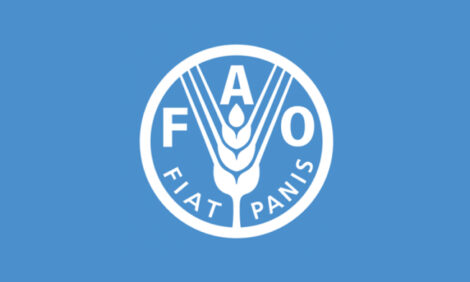



Nestle suspends most sales in Russia
The company will continue to supply milk and other essentials
Nestle is to halt the sale of a wide range of brands in Russia, including KitKat chocolate bars and Nesquik, amid Ukrainian President Volodymyr Zelenskiy's criticism of the world's biggest food company for its continued presence in the country, reported Reuters.
The products affected, also including pet food and coffee, make up the "vast majority of volume and sales" in Russia, which totalled 1.7 billion Swiss francs ($1.82 billion) in 2021, a Nestle spokesperson said.
The Swiss company had already halted non-essential imports and exports to Russia and had also stopped all advertising and capital investment in the country and said it would donate profits from Russia to Ukrainian relief efforts.
Western companies with a presence in Russia have been trying to provide essential food and medicine while also facing pressure to cut all ties with Moscow.
More than 400 companies have withdrawn from Russia since it invaded Ukraine on 24 February, leaving behind assets worth hundreds of billions of dollars in aggregate.
Zelenskiy said Nestle had not done enough to live up to its "Good Food, Good Life" slogan by continuing to operate in Russia.
Nestle, PepsiCo, Unilever and Procter & Gamble, are continuing to provide basic items for nutrition and hygiene in Russia, such as milk and diapers.
French rival Danone on Wednesday said it would continue local production in Russia of essential dairy and infant nutrition products.
Danone said it had ceased all other imports and exports - including Evian water - and halted all investments, including advertising, brand activations and consumer promotions in Russia. The company also said it was taking no cash, dividends or profits from its Russian business.
Zelenskiy on Wednesday told French lawmakers that French companies must leave the Russian market.
Nestle said it would continue to pay its roughly 7,000 employees in Russia, where it has six factories that make products including ready meals, beverages and pet food.
Nestle also said that it stands with the people of Ukraine and its 5,800 employees in the country.
Nestle has in the past been criticised by activist groups and governments over issues including bottled-water manufacturing, a decision to stay in South Africa during apartheid, and baby formula marketing.
Before its move Wednesday, Nestle was denounced by Ukrainian politicians as well as hactivist group "Anonymous", which also urged a product boycott.
Jaideep Prabhu, a professor of marketing at the University of Cambridge's Judge Business School, told Reuters "There's a history of protesting against Nestle."
"Nestle is much more front and centre than P&G and Unilever when it comes to people knowing that they make their products," he said. "Nestle's logos are very prominent on its products."
Nestle shares closed down 1.6%.
Source: Reuters


